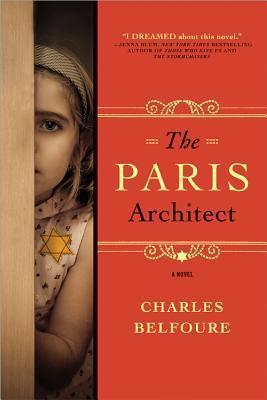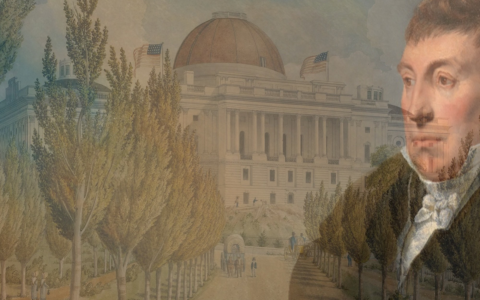Well, this here story, it’s called The Paris Architect, written by Charles Belfoure. It’s set during them hard times of World War II, when Paris was under Nazi rule. Now, there’s a man named Lucien Bernard, and he ain’t no saint, that’s for sure. He’s an architect, you see, and at first, all he cares about is making money and building big things. He ain’t got much of a heart for the troubles of others, especially them Jewish folks hiding from them Nazis.

One day, though, a wealthy fella comes to Lucien with a strange offer. He asks Lucien to design secret hiding places for Jewish people right under the noses of the Nazis. Lucien, at first, just sees it as another job—more money in his pocket, and maybe a chance to show off his skills. He ain’t much worried about the risks at the start, but this ain’t no simple job. It’s dangerous work, and he knows if he’s caught, it could be the end of him.
So, Lucien gets to work. He starts designing these clever little hiding spots—places so hidden that even the sharp-eyed Nazis can’t find them. At first, it’s just a challenge to his skills, you know? Like building a house but with more tricks and traps. But the more he works, the more he starts to feel something changing inside him. He’s seeing these families he’s trying to help, and little by little, he’s growing more attached to them, even though he tries to keep it just business.
Now, as time goes on, Lucien finds himself getting more tangled up in the resistance. He’s not just an architect anymore—he’s part of something bigger, something more dangerous. He’s risking his life every day, hiding from the Nazis and trying to keep these families safe. The Nazis are cruel, and they’re always watching, making it hard for anyone to trust anyone else. Betrayal is always around the corner, and Lucien’s playing a risky game. Every day, the danger grows bigger, and the line between survival and death gets thinner.
Lucien changes as the story goes on. He ain’t just some architect building fancy buildings anymore. Now, he’s got a purpose, a real moral reason to do what he’s doing. The people he helps—they become like family to him. And he learns that saving lives is worth more than any money or fame he could ever earn. His heart grows, and by the end, he’s no longer the man who started out just looking for a paycheck.
But the story don’t have no easy ending. Lucien’s greatest work—his most clever hiding spot—has to be destroyed. The Nazis get too close, and to save lives, Lucien makes the hard choice to tear down the very thing he’s proud of. He loses that piece of himself, but what he gains is far greater. He walks away with pride, knowing he saved lives and made choices that mattered in a world full of darkness.
So, The Paris Architect is more than just a story about buildings and designs. It’s about a man finding his way through war, danger, and moral choices. Lucien starts off as just a guy looking out for himself, but he ends up someone who risks it all for others. And by the end, he ain’t just proud of his architecture—he’s proud of the person he’s become.

Conclusion
This here book shows how people can change, even when times are tough. Lucien Bernard wasn’t a hero when the story started, but by the end, he sure was one. He learned that helping others is more important than looking out for just yourself, and in the middle of war, that’s a hard lesson to learn. But it’s a good one, and that’s what makes this story special.
Tags:[The Paris Architect, Lucien Bernard, World War II, historical fiction, Charles Belfoure, Nazi-occupied Paris]










